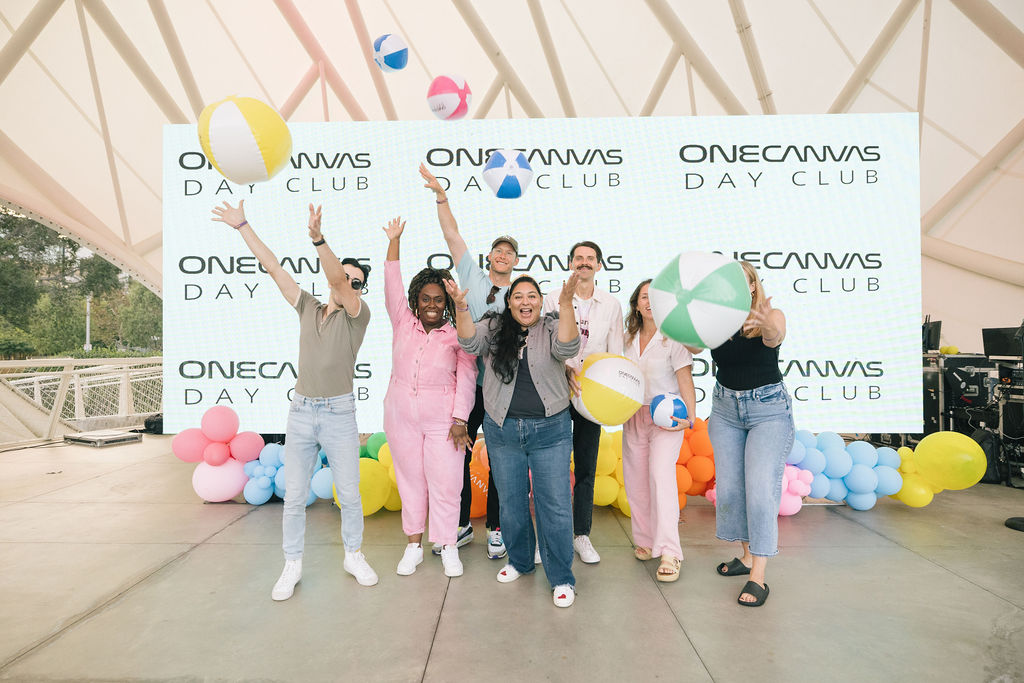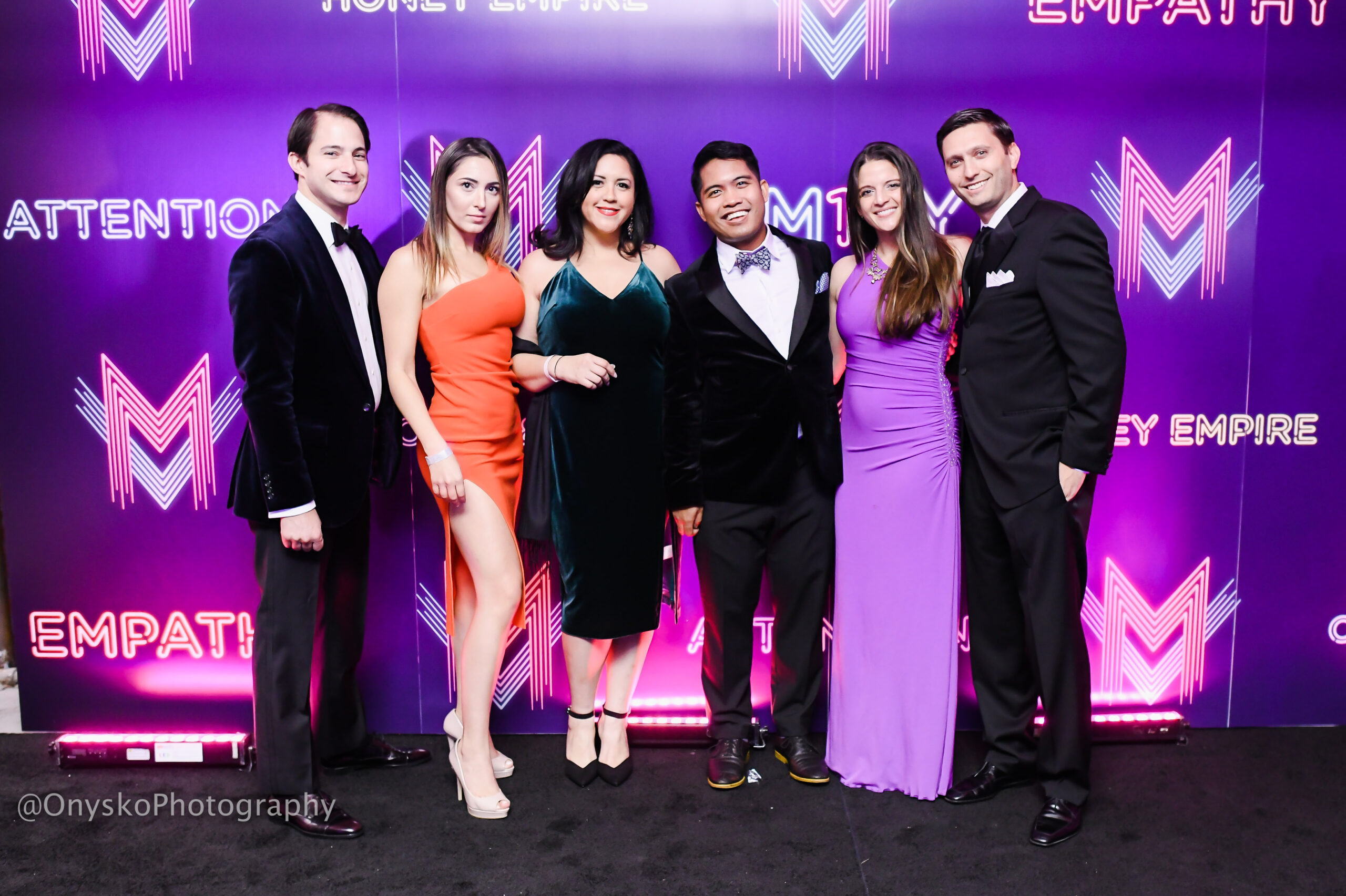Before diving into industry-specific strategies, it’s essential to grasp the basics of corporate event planning. These fundamentals include setting a clear goal, establishing a budget, and choosing the right venue. Let’s briefly explore these foundational steps. Mastering these basics ensures that you have a solid framework upon which to build your event, regardless of the industry.
Setting Clear Goals
Every successful event starts with a clear objective. Are you aiming to educate, network, or celebrate? Understanding the purpose will guide every decision you make, from the choice of speakers to the style of the invitation. Defining your goals early also helps in communicating the event’s purpose to stakeholders and participants, aligning everyone’s expectations. A well-articulated goal can drive the thematic elements of the event, ensuring consistency and coherence in all aspects, from marketing to execution.
Establishing a Budget
Budgeting is a critical component of event planning. Determine how much you can spend and allocate funds to various aspects of the event, such as catering, marketing, and entertainment. This ensures you don’t overspend and helps prioritize what’s most important for your event’s success. A comprehensive budget not only keeps expenses in check but also allows for flexibility in case of unexpected costs. Regularly reviewing and adjusting the budget as planning progresses can help avoid financial pitfalls and ensure resources are allocated efficiently.
Choosing the Right Venue
The venue sets the tone for the entire event. Consider the number of attendees, the type of event, and the amenities needed. A tech summit might require a venue with robust Wi-Fi, while a fashion show might prioritize lighting and runway space. Accessibility and location are also key considerations; a convenient location can significantly boost attendance rates. Additionally, the venue’s ambiance should align with the event’s theme and purpose, creating an environment that enhances the overall experience for attendees.

Tailoring Your Approach for Different Industries
Now that we’ve covered the basics, let’s explore how to customize your event planning strategy for different industries. Understanding the specific needs of each sector can help in crafting a more engaging and relevant event experience.
Technology Industry
Tech events are all about innovation and engagement. These events often focus on showcasing the latest products and technologies. Attendees typically expect cutting-edge demonstrations and opportunities to interact with new technologies firsthand.
- Venue and Setup: Choose a venue with excellent technical facilities. Ensure high-speed internet and plenty of power outlets for device charging. Consider interactive setups like demo stations or virtual reality experiences. Offering hands-on experiences can significantly enhance participant engagement, making the event more memorable.
- Content and Speakers: Invite industry leaders and innovators to speak. Consider panel discussions and Q&A sessions to foster interaction. Incorporating thought leadership sessions can provide attendees with valuable insights into future trends, positioning your event as a must-attend for industry professionals.
- Marketing: Use digital marketing channels such as social media and email campaigns to reach a tech-savvy audience. Live stream sessions to engage remote participants. Creating a dedicated event app can also enhance the attendee experience, providing real-time updates and facilitating networking opportunities.
Healthcare Industry
Healthcare events prioritize education and compliance. Whether it’s a seminar or a conference, the focus is on sharing knowledge. These events often aim to update attendees on the latest research, technologies, and regulations affecting the industry.
- Venue and Setup: Choose a venue that’s accessible and complies with health regulations. Consider breakout rooms for workshops and discussions. Ensuring that the venue is equipped to handle any special accessibility needs is crucial in the healthcare sector.
- Content and Speakers: Invite experts to present the latest research and developments. Ensure the content is compliant with industry regulations. Highlighting case studies and success stories can make the information more relatable and actionable for participants.
- Marketing: Use professional networks and partnerships with healthcare organizations to promote the event. Highlight the educational benefits and accreditation opportunities. Leveraging endorsements from respected figures in the healthcare community can also boost credibility and attract a wider audience.
Fashion Industry
Fashion events are about style and creativity. They focus on brand image and product launches. These events are often high-profile, attracting media attention and influential personalities.
- Venue and Setup: Opt for a stylish venue that reflects the brand’s image. Consider unique setups like pop-up installations or outdoor spaces. The aesthetic appeal of the venue should align with the fashion label’s identity, creating a cohesive brand experience for attendees.
- Content and Speakers: Feature designers and influencers. Provide opportunities for guests to interact with the designs, such as trunk shows or sample sales. Interactive elements, such as live demonstrations or workshops, can deepen audience engagement and create a lasting impression.
- Marketing: Leverage social media platforms like Instagram and TikTok for maximum visual impact. Collaborate with influencers and use hashtags to increase event visibility. Creating visually captivating content and leveraging influencer partnerships can amplify your event’s reach and impact.

Creating an Effective Event Planning Checklist
An event planning checklist is a tool every planner should use, regardless of industry. It ensures that no detail is overlooked. Here’s a basic checklist to get you started: Crafting a detailed checklist not only organizes tasks but also serves as a roadmap, guiding you through the event planning process systematically.
- Define Objectives: What is the purpose of your event? Clearly defined objectives guide all subsequent planning stages.
- Set a Budget: How much are you willing to spend? A well-structured budget prevents overspending and allows for strategic allocation of resources.
- Choose a Date: Consider any potential conflicts or holidays. Selecting the right date can significantly impact attendance and engagement.
- Select a Venue: Does it fit your needs and theme? The right venue can enhance the event atmosphere and align with your brand.
- Plan the Agenda: What activities and sessions will you have? A well-thought-out agenda keeps attendees engaged and ensures smooth transitions between sessions.
- Book Speakers/Entertainment: Who will engage and entertain your audience? Selecting the right speakers can elevate the event’s impact and provide valuable insights.
- Organize Catering: What food and beverages will be served? Catering should reflect the event’s theme and accommodate dietary restrictions.
- Market the Event: How will you promote your event? Effective marketing strategies increase awareness and drive attendance.
- Arrange Logistics: What transportation and accommodation are needed? Efficient logistics ensure a seamless experience for all attendees.
- Prepare Materials: Do you need any printed materials or swag? Well-designed materials enhance the professional appearance of your event.
- Set Up On-Site Management: Who will manage the event on the day? A competent on-site team ensures that the event runs smoothly.
- Evaluate the Event: How will you measure success post-event? Gathering feedback and analyzing outcomes help refine future planning efforts.
Innovative Corporate Event Ideas
To make your event memorable, consider incorporating some innovative ideas tailored to your industry. Innovation can differentiate your event from others, creating a unique experience that resonates with attendees.
- Tech Industry: Host a hackathon or coding competition to engage participants. These activities not only attract top talent but also foster innovation and collaboration.
- Healthcare Industry: Organize a wellness fair with interactive health screenings. Such events can promote health awareness while providing practical takeaways for attendees.
- Fashion Industry: Set up a virtual reality fashion show for remote attendees. This approach can broaden your reach and offer an immersive experience for those unable to attend in person.
Final Thoughts
Corporate event planning requires a strategic approach tailored to the specific needs of each industry. By understanding your audience, setting clear goals, and following a detailed checklist, you can create events that not only meet expectations but exceed them. Whether you’re organizing a tech conference, a healthcare seminar, or a fashion launch, these insights will help you plan an event that resonates with your audience and achieves your objectives. Tailoring your approach to fit the unique demands of different industries ensures that your event stands out and leaves a lasting impression.
Remember, the key to successful corporate event planning lies in the details. By paying attention to every aspect, from venue selection to marketing strategies, you can ensure your event is not just successful but also memorable. By tailoring your approach to the unique demands of different industries, you can ensure your event stands out and leaves a lasting impression. Success lies in flexibility and a keen understanding of what makes each industry and its audience tick.
Contact Dreams In Detail for Your Corporate Event Planning Needs
Ready to elevate your corporate events to the next level? At Dreams In Detail, we specialize in tailored event planning that meets the unique needs of your industry. Whether you’re in technology, healthcare, or fashion, our expert team is here to help you create memorable experiences that resonate with your audience.
Don’t leave your event to chance—contact us today to discuss your vision and let us bring it to life!





